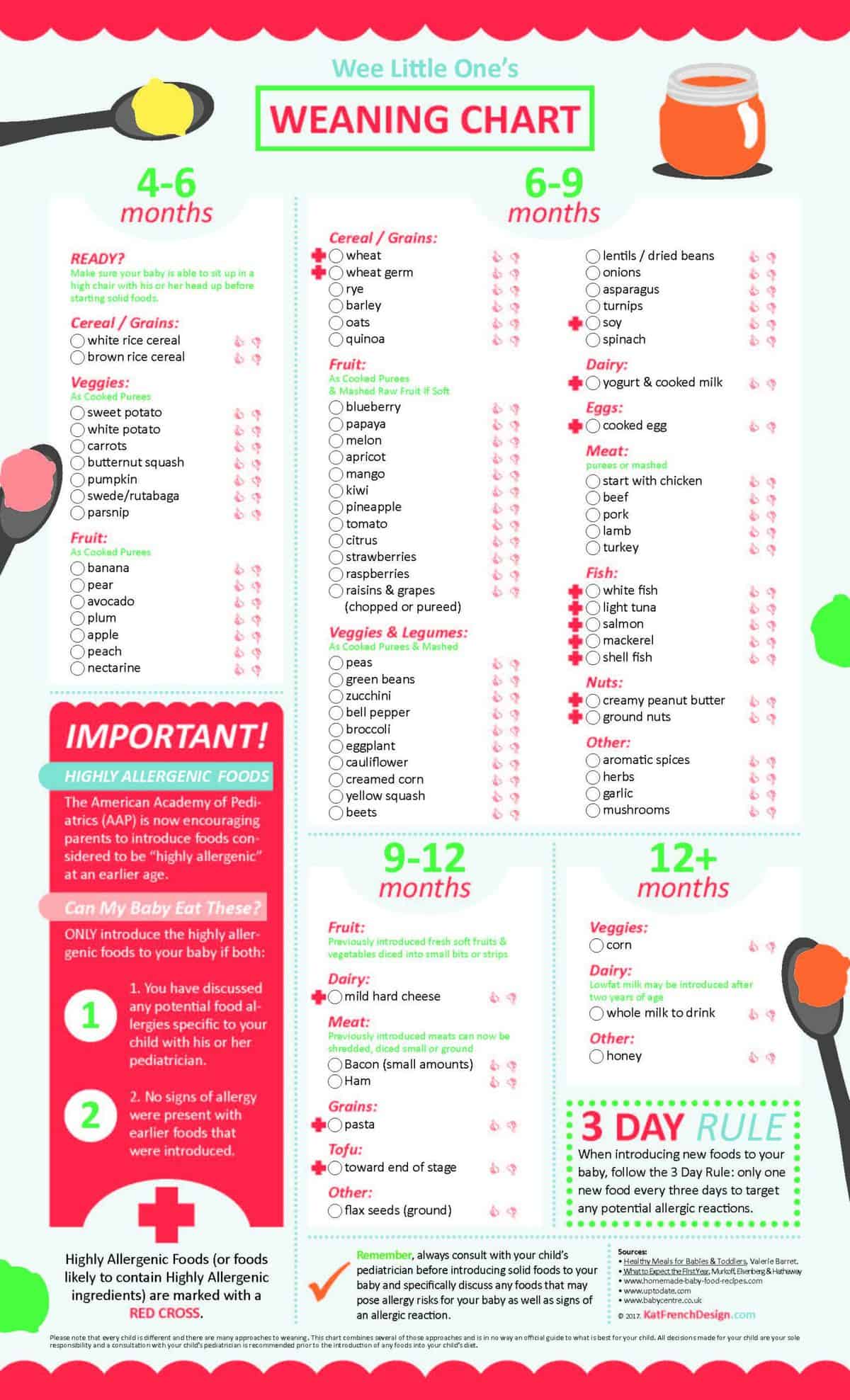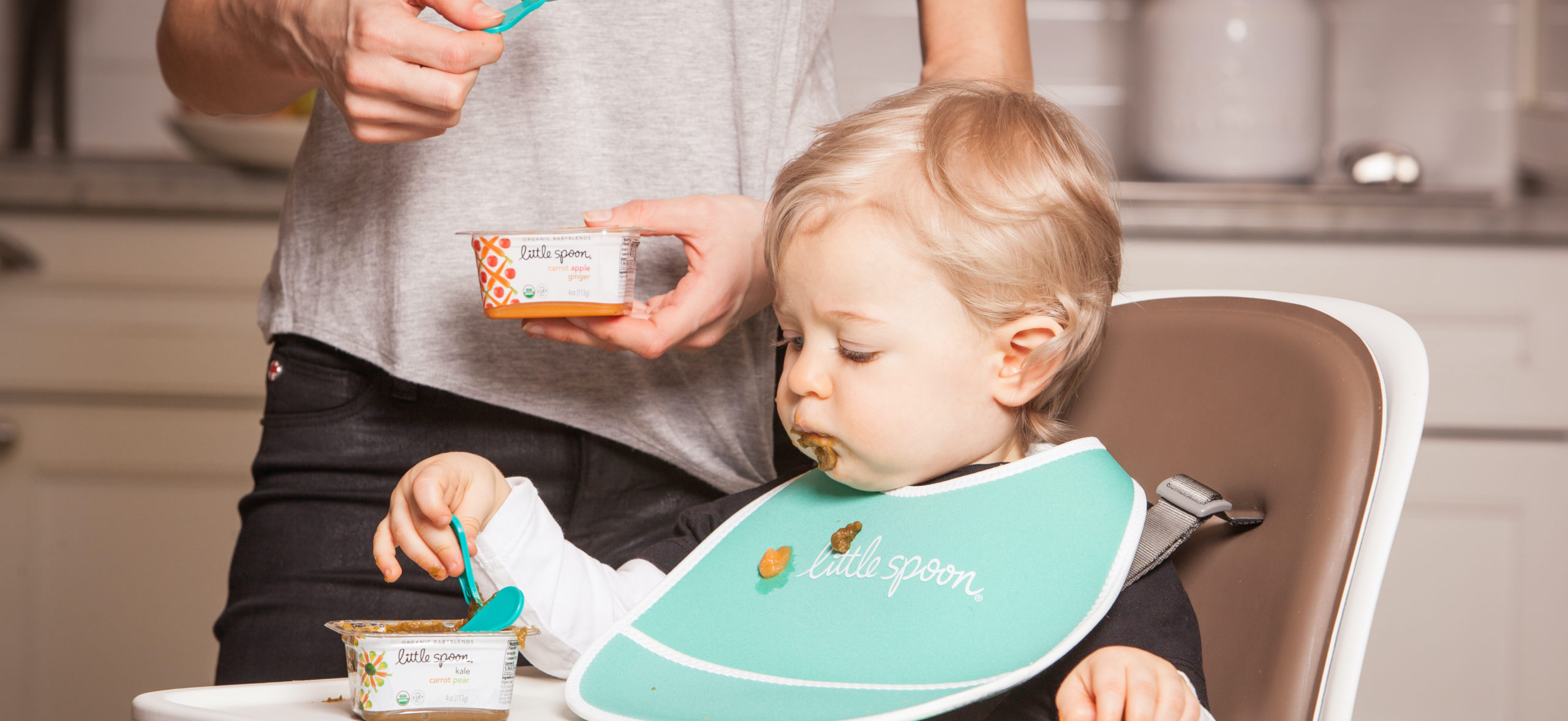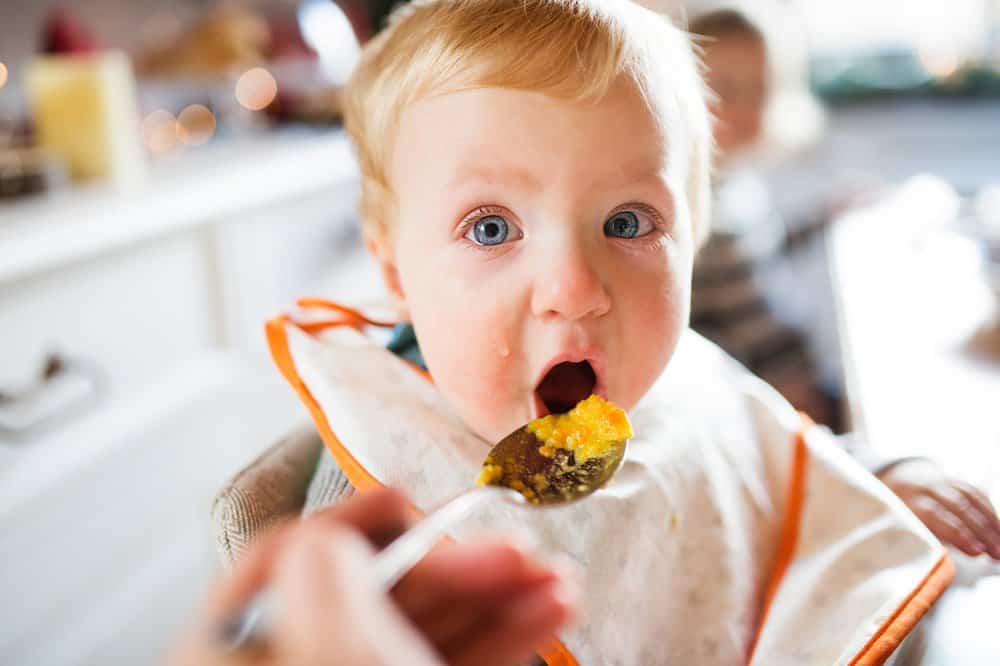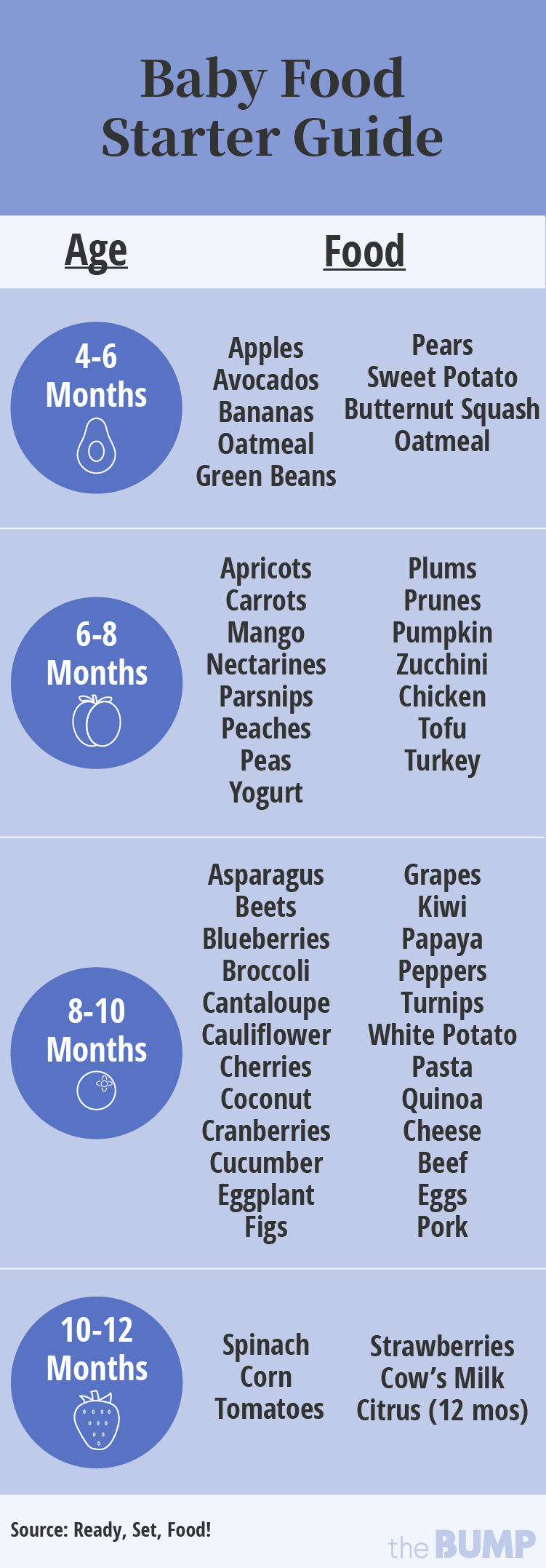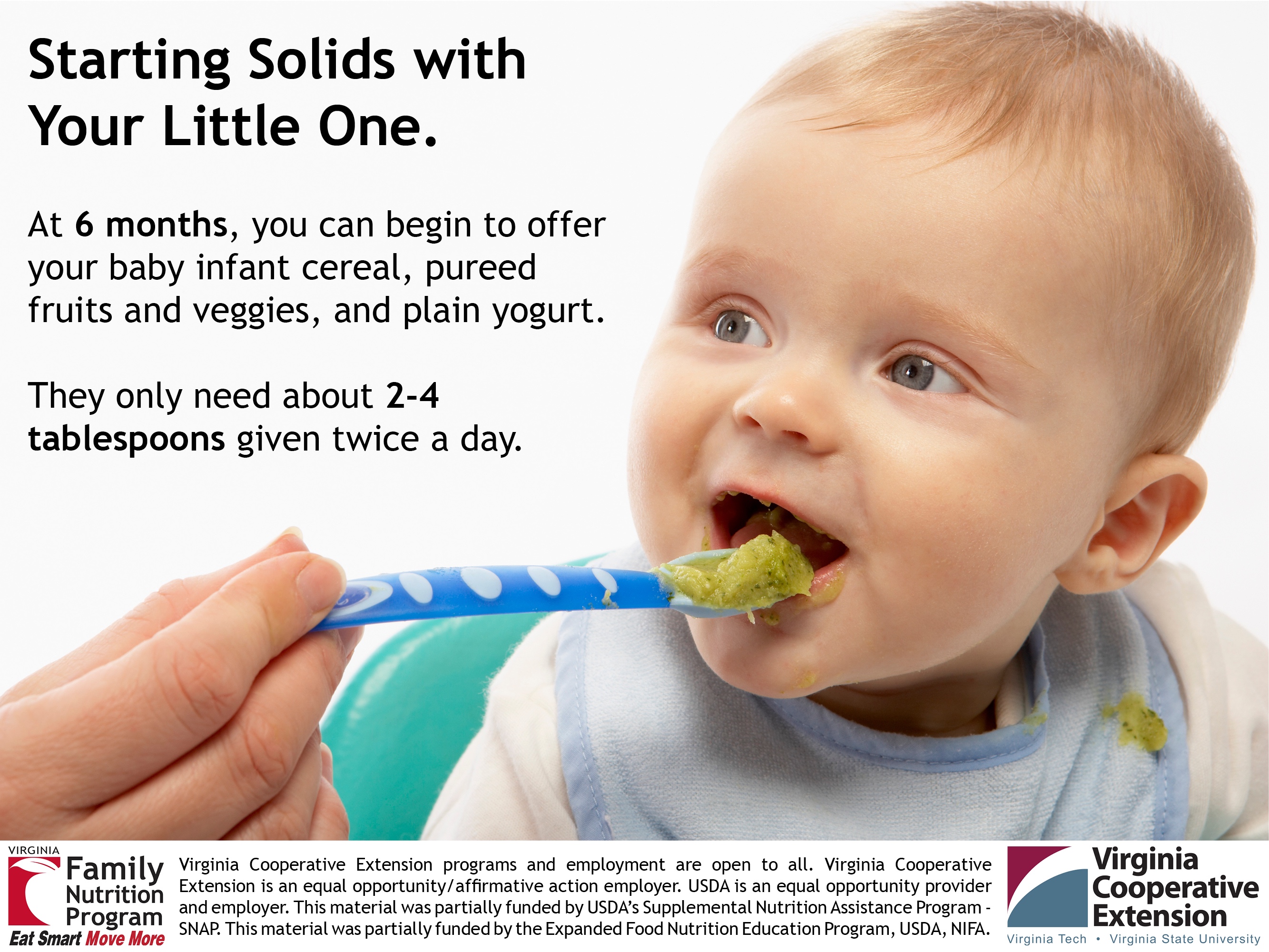Fabulous Info About How To Start Your Baby On Solids

For more information about starting your baby on solids including detailed feeding schedules, get my book natural baby food:
How to start your baby on solids. Toddlers at the table have a toddler who has discovered the joys of gravity and needs to drop everything off the table? Until then, breast milk or formula provides all the calories and nourishment your baby needs. Here's when and how to introduce new flavors, plus which foods to avoid until your baby turns 1.
When your baby starts eating solid foods, their stools will become more solid and variable in color. The amount of breast milk or formula your baby needs will decrease over time as your baby transitions fully to solids. Cereal, fruits, veggies and finger foods and puree — all the new tastes and textures in store for your baby!
When your baby is ready for solids, first foods might be smooth or finely mashed, depending on what your baby likes. What foods should you introduce first? Your baby needs a variety of food textures.
Start with purees or finger foods. A baby needs focus to eat, so start a routine where you wash their hands, soothe them, and then sit. This is why we built solid starts.
Food for thought why wait before starting baby on solids? Introducing foods before 4 months old is not recommended. Introducing new textures and flavours at the appropriate time is important in reducing the risk of later feeding difficulties and establishing healthy eating habits.
Understand that starting solids takes time. Once your baby gets the hang of swallowing runny cereal, mix it with less liquid and gradually increase the serving sizes. Your baby to enjoy a healthy diet with all the essential nutrients for optimal development.
Start by serving one or two teaspoons. Introduce a variety of foods. Peas and other green vegetables may turn the stool.
A guide to starting your baby on solid food. How do i know my baby is ready for solid foods? To feel confident starting solids and have the basic education needed to provide wholesome meals for your infant.
Offer your baby their usual breast milk or formula. All foods should be very soft. Step 1 start at the right time most major health organizations like the american academy of pediatrics (aap) recommend starting solids around 6 months, but earlier may be okay (not before 4 months though), depending on your baby’s development.
Tips for managing mealtime create a routine. Over the next weeks and months, your baby can move on to roughly mashed or minced foods and then chopped foods. Avoid feeding your baby only rice cereal due to possible exposure to arsenic.
